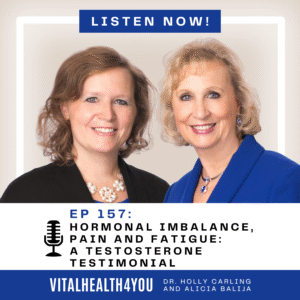Imagine this, every night when you go to bed, you lie awake for hours as your mind races, and you may even wake throughout the night once you do get to sleep. You may even have been exhausted before you went, but no matter what you do, you can’t seem to get to sleep. Chances are that you don’t have to try hard to imagine this, and if you don’t have sleep challenges, it is all but guaranteed that someone in your immediate circle struggles to get quality sleep. It is estimated that about 30% of adults have difficulty getting to sleep and staying asleep.
Although there is a degree of reverence to those who can just power through their lack of sleep, it is well established that our cognitive function suffers in ways that diminish our performance and can even cause us to be unwitting threats to our own and others’ safety. It is also important to understand that even though it is possible to coffee up and power through, our long-term health suffers when this becomes our norm. Chronic sleep deprivation has been linked to Type 2 Diabetes, cardiovascular disease, depression, obesity and even cognitive decline like Alzheimer’s Disease.
The most common response to sleep disorders is simply to take a sleep aid, which in most cases will help you get to sleep. But, how many times have you heard someone say, “I feel great today!” after taking a sleep aid? I usually hear people tell stories of being horribly groggy or even feeling like they have the hangover of a lifetime, but why? It is critical to differentiate quality of sleep from the actual time we spend asleep. Sleep aids go beyond just pills and Nyquil, other common sleep aids include having a drink, smoking marijuana, or even leaving the TV on for white noise. While these things may help people get to sleep, the real test-piece is to wake up the next morning and ask, “How do I feel?” If you feel groggy and out of it, then chances are the sleep you did get was poor quality, and nearly every one of these common sleep aids actually impairs your ability to get quality sleep.
There are many other ways to promote sleep that will actually increase the quality of your sleep. So, the question to ask yourself is, do you just want to sleep, or do you want to learn how to get quality sleep that will help you feel better and be a greater version of yourself? First we need to look at the pattern of the sleep disorder; difficulty falling asleep, waking easily, waking at specific times, and difficulty getting back to sleep and others are all indicators of different complications within the sleep cycle. Once we look deeper and understand why someone isn’t sleeping, we can address the underlying issue to help that person achieve quality sleep and actually start functioning and feeling better.
©2020 Vital Health







